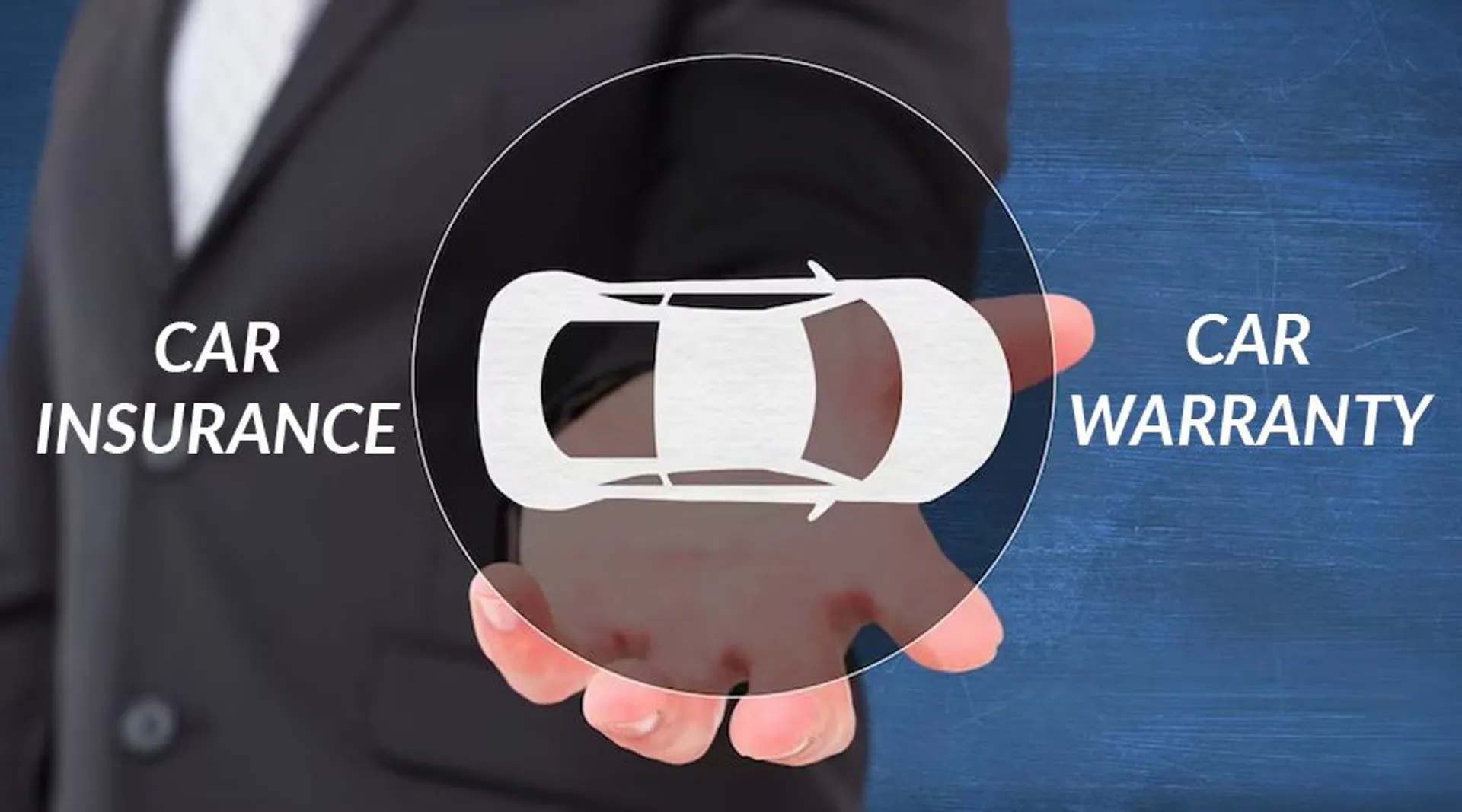Buying your first car is a big milestone, but it comes with many decisions that can feel daunting. One of the most common areas of confusion for new car owners is the difference between insurance and a warranty.
Both offer protection, but they serve entirely different purposes. By breaking down what each one does, this guide will help you make informed choices so you can enjoy your car with peace of mind.
Key points:
- Insurance provides financial protection for accidents and liabilities.
- A warranty focuses on repair coverage for manufacturer-related issues.
- Both are essential for complete vehicle protection.
Car Insurance Protects You Against the Unexpected
Car insurance is the safety net every driver needs. It’s a legal requirement in most places, but beyond that, it shields you from the financial fallout of accidents, theft, or damage caused by natural disasters. Unlike a warranty, which deals with repair costs, insurance covers broader risks associated with owning and driving a car.
For instance, Dunnville car insurance company Erie Mutual offers flexible and affordable policies tailored to meet the needs of drivers, especially those looking for a personalized experience. Their focus on community support makes navigating coverage less stressful.

Types of Insurance Coverage You Should Know
- Liability ─ This pays for damages to others if you are at fault in an accident. It’s the most basic and often legally required coverage.
- Collision ─ This helps repair or replace your vehicle if you are involved in an accident, regardless of fault.
- Comprehensive ─ This covers events like theft, vandalism, or natural disasters.
Having adequate insurance means you are not left footing an enormous bill in case of an accident or unforeseen event. Policies vary widely, so working with a trusted provider ensures your coverage matches your specific needs.
What Does a Car Warranty Cover?
A warranty focuses on repairs due to manufacturing defects or faulty components. Think of it as a guarantee from the manufacturer or dealer that your car will function as intended for a set period or mileage. It’s especially helpful for newer cars where mechanical issues may not yet be apparent.
A standard warranty typically includes:
- Coverage for major components like the engine, transmission, and drivetrain.
- Electrical systems and certain safety features, depending on the terms.
- Repairs or replacements for faulty parts identified as manufacturing defects.
However, warranties don’t cover wear-and-tear items, such as brake pads, tires, or regular maintenance. For example, if your engine stalls due to a defect, the warranty handles the cost. If it stalls because of neglect or lack of maintenance, you’ll need to pay out of pocket.
Differences in Cost and Coverage
One area that often confuses first-time car buyers is the cost of insurance versus a warranty. While both protect your investment, they come with different pricing structures and limitations.

Insurance Costs
You’ll typically pay an annual premium, which depends on factors like your driving history, age, location, and the type of coverage you choose. High-risk drivers or those in areas with high accident rates often pay more.
Warranty Costs
For new cars, warranties are usually included in the purchase price. If you opt for an extended warranty, you’ll pay an additional upfront cost. This can range from a few hundred to thousands of dollars, depending on the coverage and the length of the extension.
While insurance premiums are ongoing, warranties are usually a one-time cost. Deciding whether to extend a warranty often depends on how long you plan to keep the car and its reliability record.
When to Use Insurance and When to Use a Warranty
Accidents and breakdowns happen. Knowing which type of coverage to rely on saves time and frustration.
- For accidents ─ Call your insurer immediately after an incident. They will handle damages, liability, and medical costs, depending on your policy.
- For mechanical issues ─ If your car breaks down due to a defect, contact the warranty provider. They’ll arrange repairs, provided the issue falls under the warranty’s terms.
A good rule of thumb is that insurance addresses risks outside your control, like accidents or theft, while a warranty is limited to mechanical problems originating from the manufacturer.
Why Extended Warranties May Be Worth Considering
Not all drivers keep their cars for only a few years. If you plan to hold onto your vehicle beyond the standard warranty period, an extended warranty could save you significant repair costs.
Extended warranties often:
- Cover repairs for years after the original warranty expires.
- Provide peace of mind for high-mileage or older vehicles.
- Save you from unexpected repair bills that may arise after the manufacturer’s coverage ends.
While not essential for every driver, extended warranties are a smart choice if your car model is known for costly repairs or you prefer added security.

Choosing the Right Insurance Policy
Finding the right insurance provider is just as important as choosing the right type of coverage. Car insurance providers simplify the process with customizable options and a community-first approach.
Tips for picking the best policy:
- Compare quotes from multiple providers to ensure competitive pricing.
- Look for a company with a strong reputation for customer service.
- Understand the policy limits and exclusions before signing.
A reliable provider will guide you through the process, ensuring your coverage aligns with your budget and driving habits.
Common Myths About Insurance and Warranties
Many first-time buyers fall for myths that complicate their decision-making process. Let’s clear up some common misconceptions:
- Myth ─ Insurance and warranties overlap in coverage.
Reality ─ They serve entirely different purposes. Insurance covers external risks, while warranties handle manufacturing-related repairs. - Myth ─ Extended warranties are a waste of money.
Reality ─ They can save you thousands if your car requires costly repairs. - Myth ─ The cheapest insurance is always the best option.
Reality ─ Cheaper policies often have limited coverage, leaving you vulnerable to unexpected costs.
Debunking these myths helps you focus on what truly matters when choosing coverage and protection.

Making Smart Decisions as a New Car Owner
As a first-time car buyer, navigating policies and warranties may feel like a maze. Start by focusing on what’s essential for your situation. Insurance is non-negotiable, as it provides the financial safety net you need to stay protected on the road. Warranties, while not mandatory, offer long-term savings by covering unexpected mechanical failures.
Practical steps to take:
- Research your options thoroughly. Take time to compare policies and warranties side by side.
- Assess your driving habits and car model. A reliable car may not require an extended warranty, while a high-risk driver may need comprehensive insurance.
- Consult trusted car insurance providers for guidance tailored to your needs.
By taking these steps, you can feel confident in your decisions and enjoy your car without unnecessary worries.
Conclusion ─ Protection You Can Count On
Insurance and warranties may seem complicated, but they’re simply two sides of the same coin when it comes to protecting your car. Think of insurance as your safety net for the unpredictable and warranties as your assurance for the predictable.
Both serve vital roles in safeguarding your investment, and understanding the difference helps you make smart, informed decisions. Whether it’s choosing the right policy or deciding on an extended warranty, you now have the tools to move forward with confidence.
Your car ownership journey should be smooth and stress-free. With the right combination of coverage and protection, it will be.

